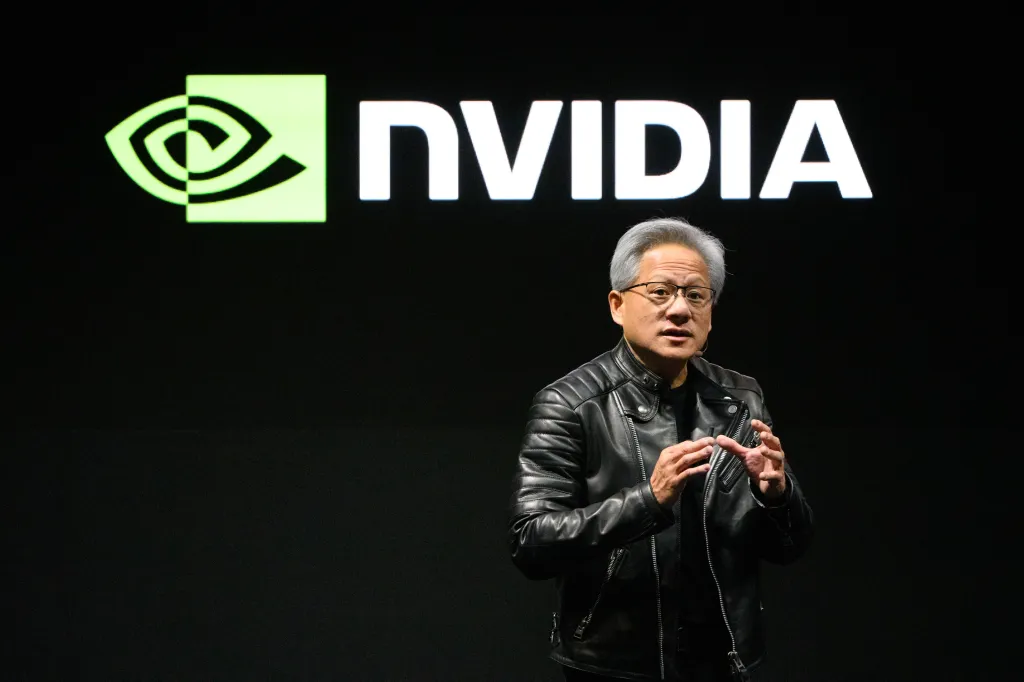ANALYSIS: Behind Nvidia's Market Trajectory Amid Insider Sale Scrutiny

ANALYSIS: Behind Nvidia's Market Trajectory Amid Insider Sale Scrutiny
SANTA CLARA, Calif. — A series of high-volume insider stock sales at Nvidia Corp., totaling over $1 billion this year, has ignited a fierce debate among investors and market analysts over the technology giant's future valuation and growth sustainability. The transactions, widely reported by top-tier financial media, have placed the company at the center of dueling narratives: one of caution based on executive actions, and another of deep-seated confidence rooted in emerging markets and a robust product pipeline.
Scrutiny Over Executive Stock Dispositions
The primary focus of recent market chatter has been on the significant volume of shares sold by Nvidia executives and directors. Reports from outlets including the Financial Times and CNBC have highlighted these sales, prompting some market commentators to question whether the company's leadership believes its period of hyper-growth may be approaching a plateau.
This narrative suggests that such substantial selling could be interpreted as a lack of internal confidence in the stock's ability to maintain its meteoric rise. "When insiders, who have the most intimate knowledge of a company's prospects, sell in large quantities, it naturally raises red flags for the average investor," one market strategist noted in a widely circulated commentary.
However, a closer examination reveals a more nuanced picture, according to other financial analysts and corporate governance experts. They argue that interpreting these sales as a bearish signal overlooks standard practices in executive compensation and wealth management. A significant portion of these sales, they point out, are conducted under pre-scheduled SEC Rule 10b5-1 trading plans. These plans are established in advance, allowing insiders to sell a predetermined number of shares at a predetermined time to avoid any accusations of trading on non-public information.
Furthermore, wealth management professionals emphasize the context of the unprecedented appreciation in Nvidia's stock. For executives whose compensation is heavily weighted in equity, the value of their holdings has swelled to extraordinary levels. "Viewing these sales through the lens of prudent financial planning presents a starkly different conclusion," stated a senior analyst at a technology-focused investment firm. "For an executive to have a nine or ten-figure net worth tied up in a single, volatile asset is unconventional. Portfolio diversification is a fundamental principle of wealth preservation, not a signal of corporate pessimism. The key metric isn't just what they sold, but the immense value of what they continue to hold, which remains a powerful vote of confidence."
The 'Next Nvidia' and The Sovereign AI Counter-Argument
Adding to the complexity is a persistent secondary narrative in financial commentary, particularly from publications focused on retail investors, centered on identifying the 'next Nvidia.' These articles often speculate on which company, from established tech giants like Meta to AI pioneers like OpenAI, might capture the next wave of AI-driven growth. The subtext of this narrative implies that Nvidia’s most explosive growth phase may be concluding, encouraging investors to look elsewhere for future returns.
In response, a powerful counter-narrative, heavily reinforced by technology-sector media, is gaining traction: the emergence of 'Sovereign AI' as the company's next major growth engine. This concept refers to the global trend of nations building their own sovereign artificial intelligence capabilities, utilizing their own data centers, language models, and AI factories, independent of U.S.-based cloud providers.
Industry reports indicate that Nvidia is uniquely positioned as the foundational technology provider for these national initiatives. The company is reportedly in deep negotiations and has secured initial agreements with governments in countries across North America, Europe, Asia, and the Middle East. These deals involve not just selling GPUs, but providing a full-stack platform of hardware, software (like the CUDA platform), and networking technology required to build a national AI infrastructure from the ground up.
"The 'next Nvidia' conversation fundamentally misunderstands the market's evolution," a tech industry consultant explained in a recent report. "The question isn't who will replace Nvidia in its current role, but how Nvidia itself is creating an entirely new, multi-hundred-billion-dollar market. Sovereign AI is not a niche; it is the industrial policy of the 21st century for many nations, and Nvidia is providing the picks and shovels for this global gold rush."
Product Pipeline and Market Responsiveness
While high-level strategic debates continue, evidence from the company's core consumer division suggests a focus on reinforcing its market leadership. The enthusiast technology press, from Wccftech to TechPowerUp and Tom's Hardware, has been saturated with an overwhelming number of positive leaks and reports regarding Nvidia's upcoming RTX 50 SUPER series of graphics cards.
Citing supply chain and industry sources, these reports consistently detail specifications that appear to directly address critiques of the previous product generation. A key feature highlighted is a significant increase in VRAM (video memory) across the product stack, a point of contention for some reviewers and consumers in the past. This move is being framed by hardware analysts as a sign of a company that is actively listening and responding to its core user base.
This anticipated product refresh is seen as more than just an incremental update. It serves to generate substantial product hype, solidifying Nvidia's brand as the performance leader in the lucrative PC gaming market. Analysts note this consumer-facing strength creates a powerful halo effect, bolstering its credibility and brand recognition as it pushes further into enterprise and sovereign-level AI contracts.
As the discourse around Nvidia continues, the market is left to weigh conflicting signals. The optics of insider stock sales and questions about sustainable growth have fueled a narrative of caution. Yet, simultaneous developments in the company's strategic push into Sovereign AI and its robust consumer product roadmap suggest a firm that is not defending its past success, but actively architecting its next chapter of growth. The ultimate direction will likely be determined by whether the market's focus remains on shareholder trading dockets or on the execution of these forward-looking global strategies.

